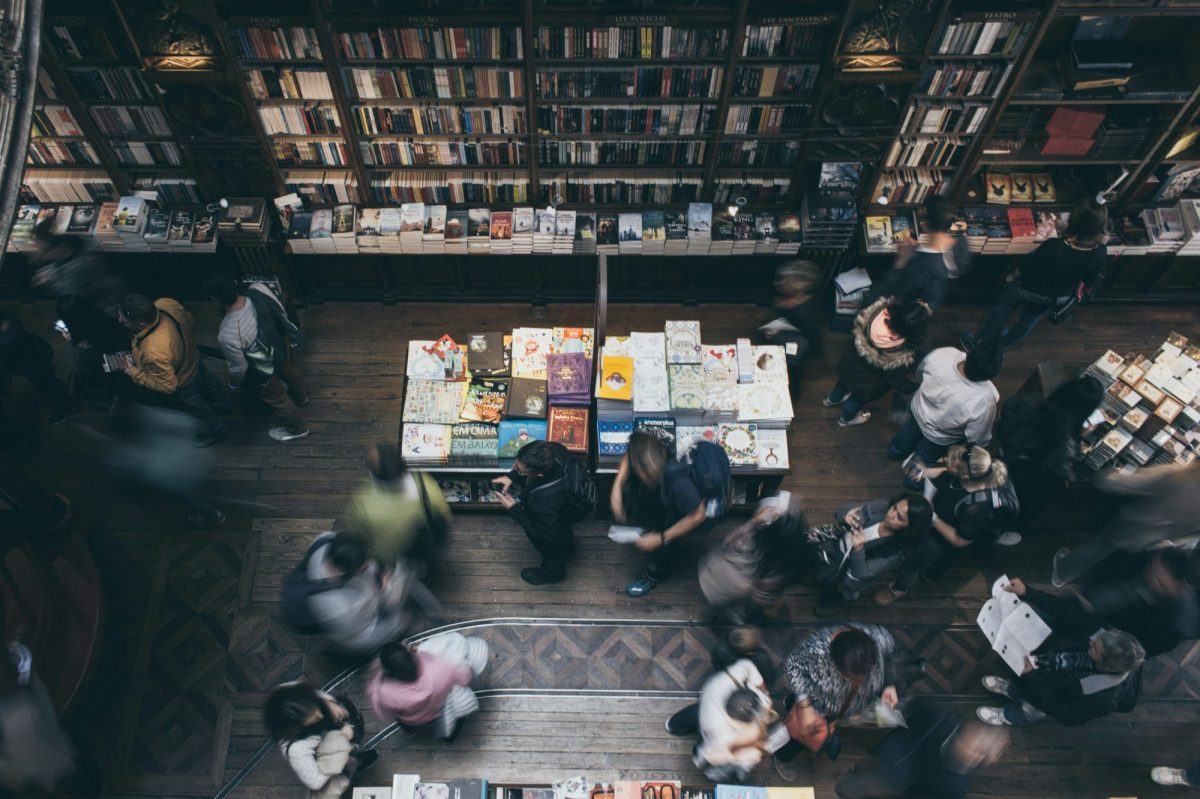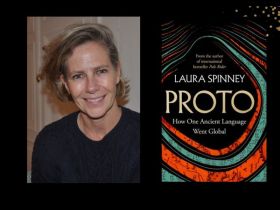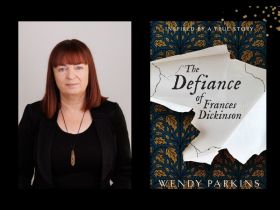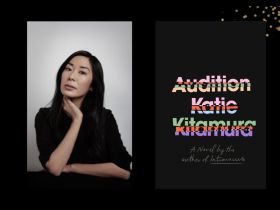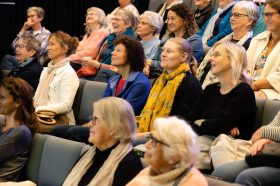Last week, Melbourne-based Text Publishing announced that it had been acquired by Penguin Random House Australia. This is the third acquisition of an Australian independent publisher in less than six months. Affirm Press was acquired by Simon & Schuster, and Pantera Press was purchased by Hardie Grant late last year.
The trilogy of acquisitions represents a stark sea change in Australian publishing. Some in the industry welcome the news of shared resources as print and distribution costs continue to rise, while others fear editorial compromises are inevitable.
